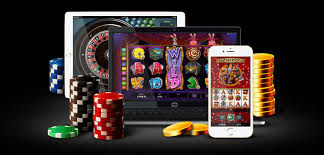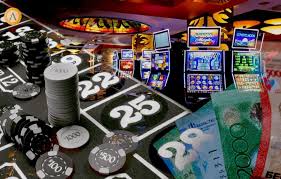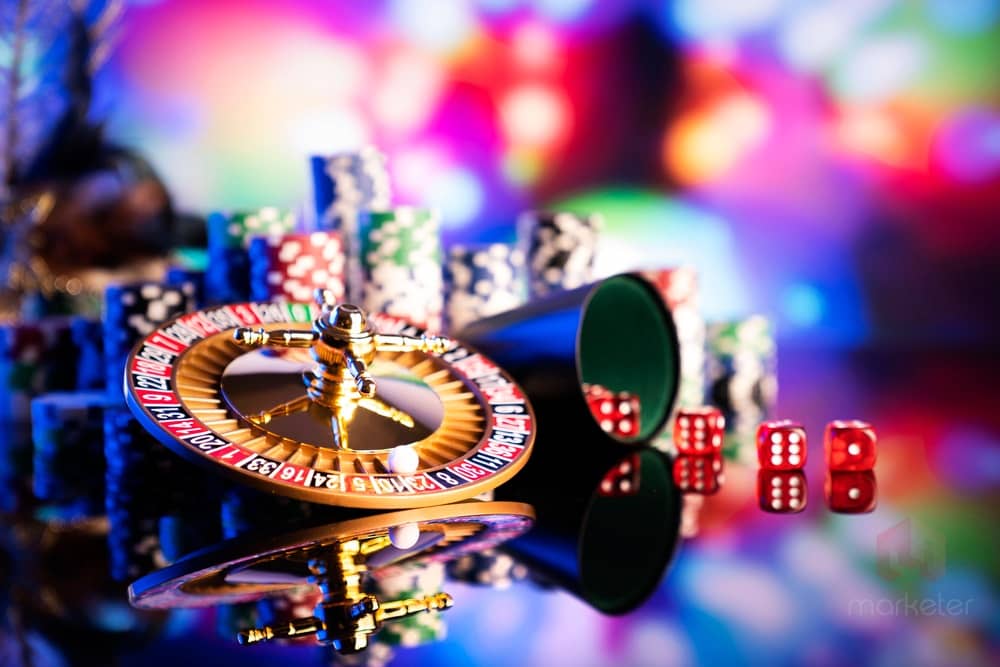
NFT Rewards in Gambling: A New Era of Player Engagement
The world of online gambling is evolving, and one of the most exciting developments in recent years has been the emergence of NFT Rewards in Gambling mostbet-sports.com/pt in gambling. NFT, or non-fungible token, is a unique digital asset that represents ownership of a specific item or content on the blockchain. This technology is not only transforming how assets are perceived and traded but is also finding its way into various sectors, including the gambling industry. This article delves into the implications and benefits of integrating NFT rewards in gambling, discussing how this innovation can enhance player engagement, loyalty, and overall experience.
What Are NFT Rewards?
Non-fungible tokens are unique digital tokens stored on a blockchain, which can represent ownership of various assets, from digital art to virtual real estate. In the context of gambling, NFT rewards could take many forms, such as exclusive game skins, tokens that give players access to special tournaments, or unique gaming experiences. Unlike traditional in-game currencies or rewards, NFTs provide actual ownership to players, allowing them to trade, sell, or maintain their assets outside the gaming platform.
The Benefits of NFT Rewards in Gambling
The introduction of NFT rewards in gambling offers several benefits to players and operators alike. Here are some key advantages:
1. Enhanced Player Engagement
By incorporating NFT rewards, gambling platforms can create unique experiences that captivate players. Gamblers are often looking for ways to enhance their gameplay, and offering exclusive NFTs can significantly boost player engagement. For instance, bonus rounds or exclusive tournaments available only to NFT holders can stimulate ongoing participation.
2. Ownership of Assets
Traditional in-game rewards often exist solely within the confines of the platform, meaning players have no real ownership over their achievements. NFT rewards change this dynamic; players can genuinely own their assets and even sell or trade them in secondary markets. This aspect of ownership not only provides value but also incentivizes players to engage more deeply with the game.

3. Creating a Secondary Market
The ability for players to trade NFT rewards creates a thriving secondary market, where players can buy and sell their assets. This not only adds a layer of excitement to the gaming experience but also allows players to potentially profit from their investments. Revolutionary platforms can facilitate these transactions, ensuring the marketplace thrives securely and transparently.
Examples of NFT Integration in Gambling
Several gambling platforms have already begun exploring the integration of NFTs. Let’s look at a few notable examples:
1. Virtual Casinos
Virtual casinos are exploring the use of NFTs by offering unique gaming elements that players can purchase. For example, unique tables, special chips, or one-of-a-kind avatars may all be represented as NFTs. Gamblers can showcase their collections, and the scarcity of these items can increase their value in the marketplace.
2. Poker Tournaments
Some online poker sites have begun to offer NFT buy-ins for exclusive tournaments. Players who hold these NFTs can access special events that are not available to the general public. This not only adds exclusivity but also positions the tournament itself as a coveted event within the community.
3. Games with Bundled NFTs
Some gambling games provide NFT bundles as rewards for achieving specific milestones. These could include collectible avatars, skins, or unique weaponry that can improve performance. Players who value aesthetics and personalization can be particularly drawn to these features, increasing their loyalty to the platform.
Challenges and Considerations

While the potential for NFT rewards in gambling is substantial, several challenges must be addressed:
1. Regulatory Issues
The gambling industry is heavily regulated, and introducing NFT rewards may present new legal challenges. Operators must navigate existing laws while ensuring compliance with emerging regulations regarding digital assets.
2. Market Volatility
The value of NFTs can fluctuate drastically due to market demand and trends. Players may find themselves holding NFTs that decrease in value, which could impact the overall gameplay experience. Platforms must implement balanced systems that keep player investment and engagement positive.
3. Environmental Concerns
Many NFTs are created on energy-intensive blockchains, raising concerns about their environmental impact. Gambling platforms must be mindful of these implications and consider the use of more sustainable blockchain technologies.
The Future of NFT Rewards in Gambling
As technology continues to advance, the integration of NFT rewards in gambling is likely to expand further. Players are increasingly looking for unique experiences that blend entertainment with real ownership and investment potential. Platforms that successfully implement NFT rewards can differentiate themselves in a competitive market and create lasting loyalty among their player base.
Conclusion
In conclusion, NFT rewards in gambling represent a revolutionary innovation that can enhance player engagement, provide genuine ownership of digital assets, and create a thriving secondary market. While challenges persist, the potential advantages make it an exciting avenue for both players and operators in the gaming industry. As we look to the future, embracing this technology can lead to a more immersive and rewarding gambling experience that resonates with the desires of modern players.